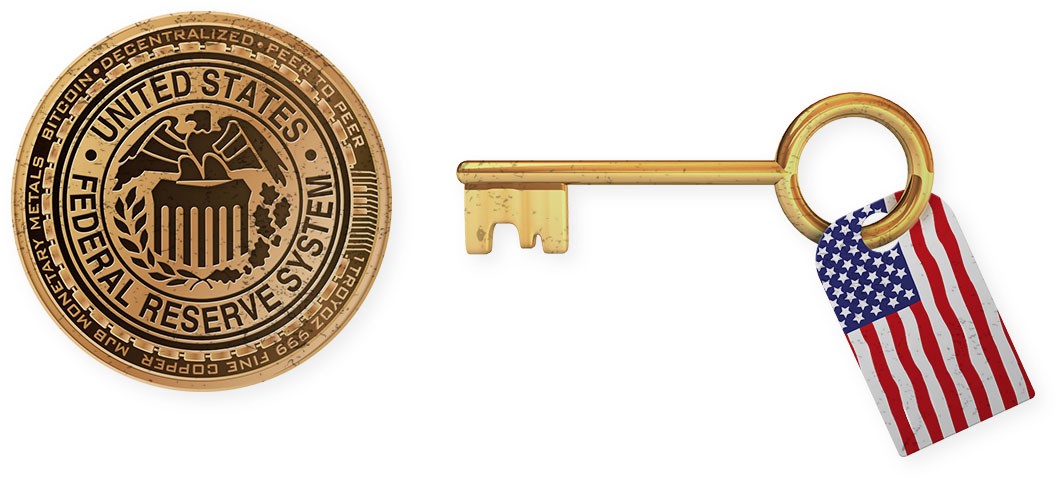PALO ALTO, Calif. (Reuters) - The Federal Reserve is looking at a broad series of issues around digital payments and currencies, including policy, style and legal considerations around possibly providing its own digital currency, Guv Lael Brainard said on Wednesday. Brainard's remarks suggest more openness to the possibility of a Fed-issued digital coin than in the past." By transforming payments, digitalization has the possible to provide higher value and benefit at lower cost," Brainard said at a conference on payments at the Stanford Graduate School of Business.
Main banks globally are disputing how to manage digital finance technology and the dispersed journal systems used by bitcoin, which assures near-instantaneous payment at potentially low cost. The Fed is establishing its own day-and-night real-time payments and settlement service and is presently reviewing 200 remark letters sent late in 2015 about the proposed service's style and scope, Brainard said.
Less than 2 years ago Brainard informed a conference in San Francisco that there is "no compelling demonstrated requirement" for such a coin. However that was prior to the scope of Facebook's digital currency aspirations were widely known. Fed authorities, including Brainard, have actually raised issues about consumer protections and data and personal privacy threats that might be positioned by a currency that could come into usage by the third of the world's population that have Facebook accounts.
" We are teaming up with other central banks as we advance our understanding of reserve bank digital currencies," she stated. With more countries checking out releasing their own digital currencies, Brainard stated, that Have a peek at this website contributes to "a set of factors to likewise be making certain that we are that frontier of both research and policy advancement." In the United States, Brainard said, problems that need study include whether a digital currency would make the payments system more secure or easier, and whether it might pose monetary what is fed coin stability threats, including the possibility of bank runs if cash can be turned "with a single swipe" into the reserve bank's digital currency.
To counter the monetary damage from America's unprecedented nationwide lockdown, the Federal Reserve has taken unprecedented steps, consisting of flooding the economy with dollars and investing straight in the economy. Many of these relocations received grudging approval even from many Fed skeptics, as they saw this stimulus as needed and something only the Fed might do.
My brand-new CEI report, "Government-Run Payment Systems Are Risky at Any Speed: The Case Against Fedcoin and FedNow," details the threats of the Fed's existing prepare for its FedNow real-time payment system, and propositions for central bank-issued cryptocurrency that have actually Additional resources been dubbed Fedcoin or the "digital dollar." In my report, I talk about concerns about privacy, information security, currency control, and crowding out private-sector competitors and development.
Advocates of FedNow and Fedcoin state the government needs to develop a system for payments to deposit immediately, rather than encourage such systems in the economic sector by lifting regulative barriers. But as kept in mind in the paper, the personal sector is providing a seemingly endless supply of payment technologies and digital currencies to solve the problemto the level it is a problemof the time space in between when a payment is sent and when it is gotten in a checking account.

And the examples of private-sector development in this location are lots of. The Clearing Home, a bank-held cooperative that has actually been routing interbank payments in numerous types for more than 150 years, has actually been clearing real-time payments because 2017. By the end of 2018 it was covering 50 percent of the deposit base in the U.S.